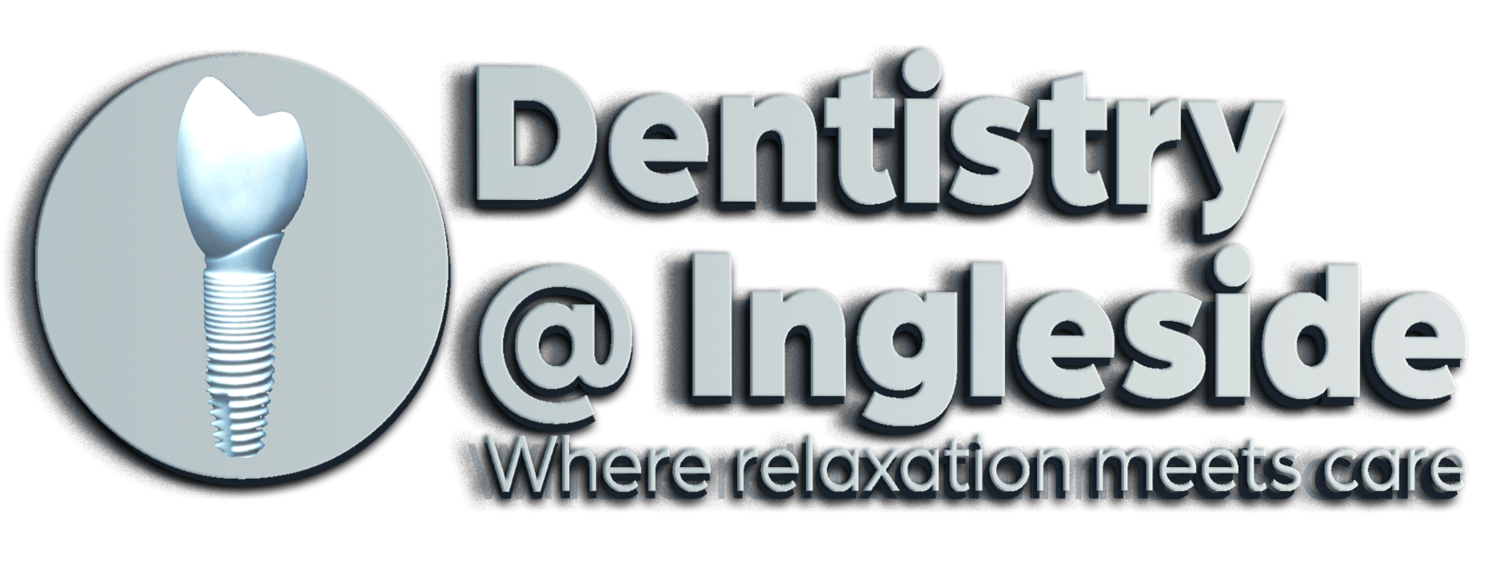
Extractions & Wisdom Teeth
WHAT IS AN EXTRACTION:
A Dental Extraction (or tooth pulling) is a dental procedure in which teeth are efficiently removed from their sockets. There are several reasons that may lead to someone needing an extraction. Most commonly, they are performed due to ‘unreasonable teeth’ deemed by periodontal disease, dental trauma, and/or tooth decay, specifically when it’s associated with toothache or pain. Ultimately, it makes more sense for the teeth to be removed rather than be rehabilitated.
When it comes to wisdom teeth, the need for extraction varies from person to person. They can grow in and remain in place so long as there is room in the mouth and they are growing in straight. In some cases, people don’t possess the room for their wisdom teeth. These teeth are called impacted (stuck or unable to grow in line normally). This may cause cause recurrent infections of the gum or can lead to other issues such as crowded teeth and pain/discomfort, in which case orthodontic work may be required.
WHAT TO EXPECT IN THIS SITUATION:
When a tooth is said to be in need of extraction, it can sometimes seem like a frightening ordeal. Our Dentists and Oral Surgeons are here to provide the peace of mind and standard of care that you deserve. Prior to the extraction your dentist will administer a local anesthetic to numb the area where the problem tooth is located. This will assure you that no pain will be felt during the process. The idea is to put you in a relaxed state through the entire process. If the tooth is impacted, the dentist may need to surgically cut away some gum and bone that are covering the tooth. In terms of the actual process, the dentist will grasp the tooth using forceps, and gently loosen the tooth from the jaw bone and other attached ligaments. If needed, the tooth m

Wisdom Teeth
Ever wonder why a tooth was given such a strange name? The name is due to the fact that the set of teeth don’t grow in until you’re older (and have hopefully acquired some wisdom). For those of you that are new to the subject, Wisdom Teeth are the third set of molars that we as humans possess. They used to be very functional when we required more powerful jaws to eat the foods available to us. As modern day folk however, we are unable to fit these teeth in our jaws most of the time. Our diet no longer requires it. This instance is known as impaction. The neighbouring teeth end up being affected to make room and thus can impact their overall health.
This all may sound scary, but there is nothing to fear as 90% of adults end up getting their Wisdom Teeth removed. It is a very common and safe procedure. Our professional Dentists remove thousands of Wisdom Teeth annually. It’s has become second nature. A simple walk in the park. Note that every patient is different. Sometimes the extractions are super simple and easy with a relatively short period of healing. Other cases can be a bit more complicated due to the status of the roots. If the roots are uncommonly deep or structured, this can cause a slightly more complicated procedure that requires more recovery time.
Regardless of your needs, our goal is the highest level of Patient Care & Experience for you. We understand everyone is different. We all have our insecurities, anxiety and differing pain tolerances. That is why we customize and tailor each procedure to be optimal for their respective patients.
Learn More about our Wisdom Teeth Removal Procedures by calling us today.
Post Tooth Removal Tips
Following the extraction of a tooth, you will be sent home to get some rest and allow your mouth to recover fully. The time requirement for each of us can range from a few days to a little over a week. This list will be a guide on how you can help manage or minimize discomfort, reduce the risk of infections and to help hasten your recovery:



